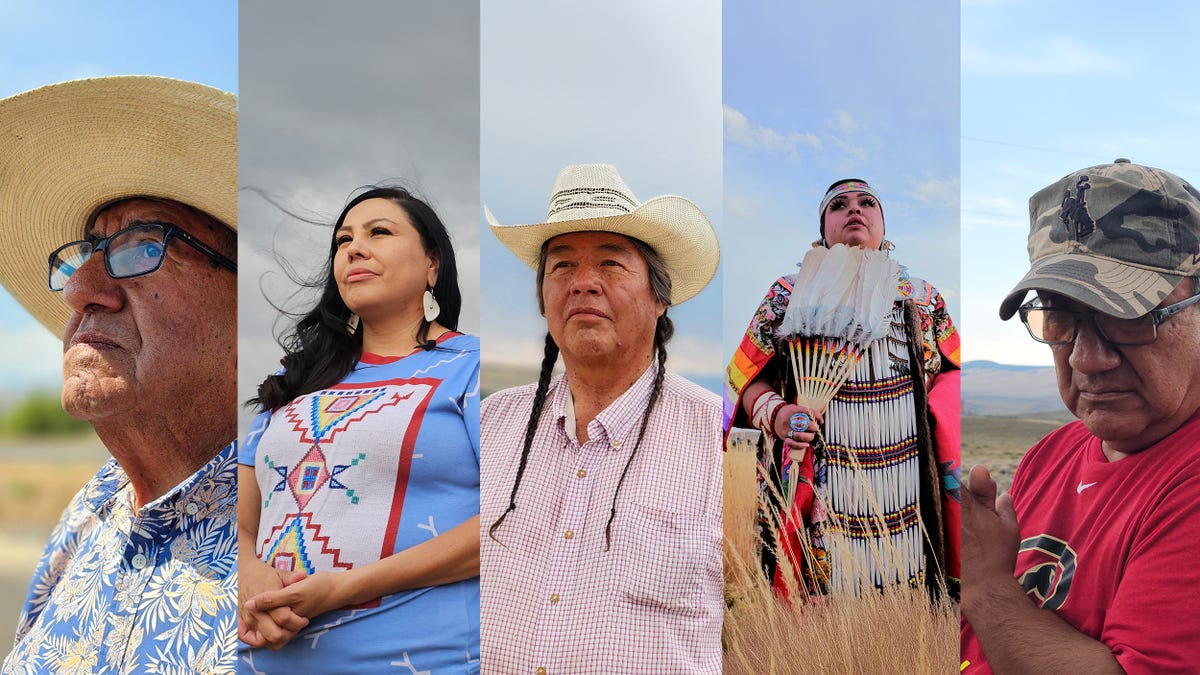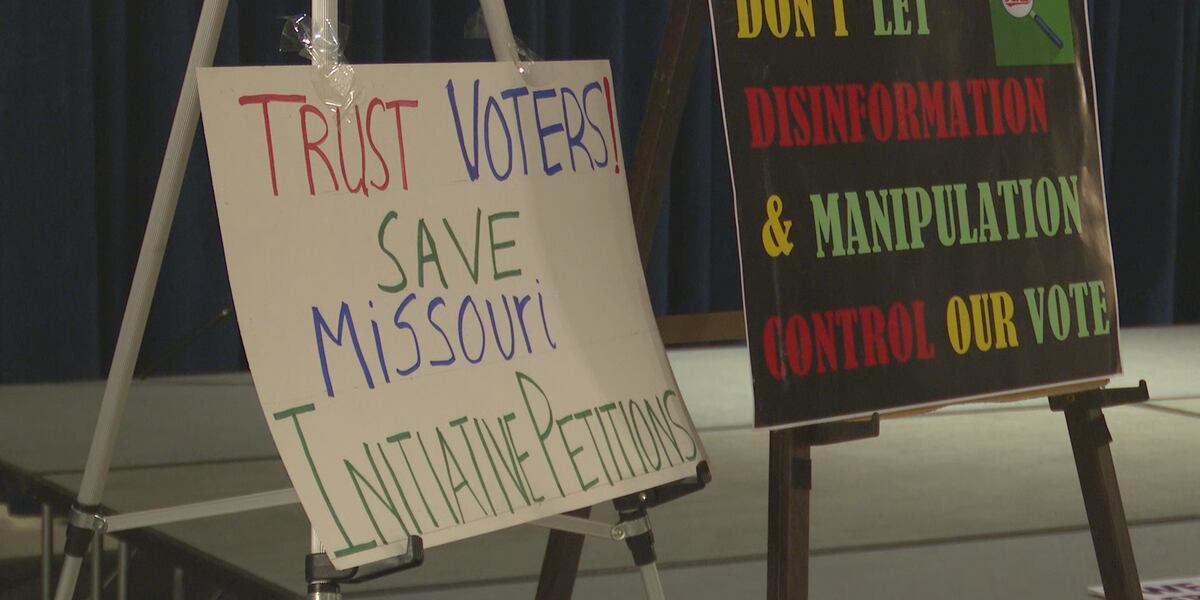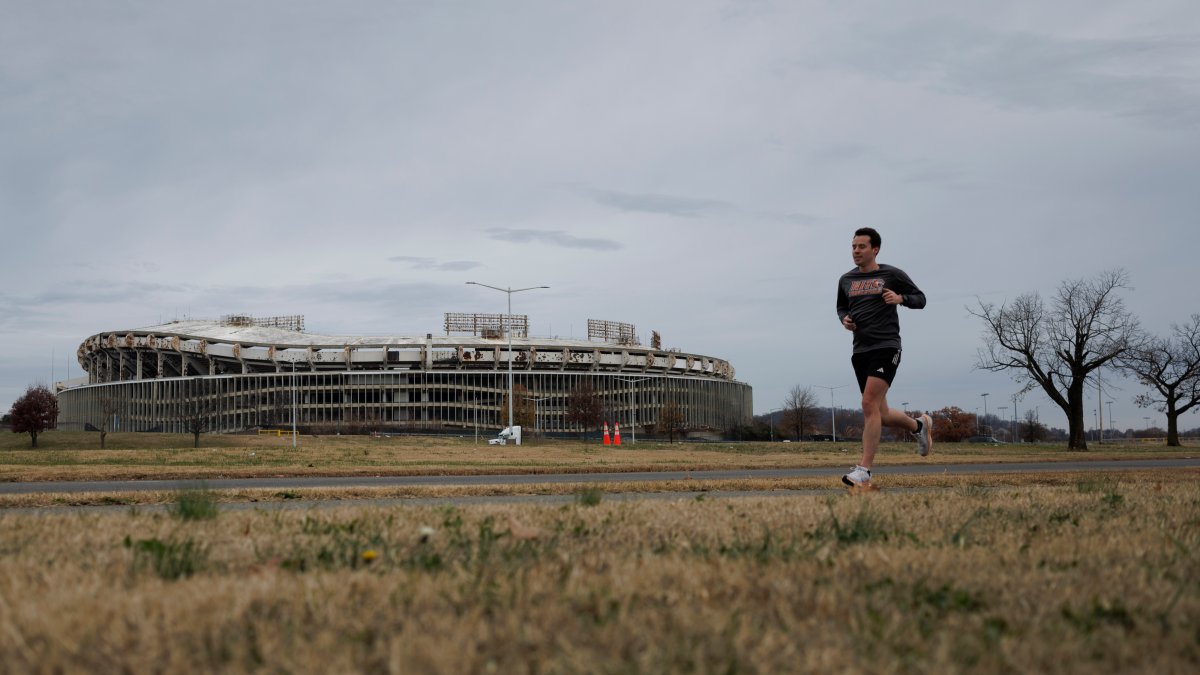The arrogance in the message from Utah’s congressional delegation to voters would be shocking if it wasn’t so predictable: You don’t matter. Your vote doesn’t matter. American democracy as we know it is a cheap joke.
The disdain of Reps. Chris Stewart, Burgess Owens, John Curtis and Blake Moore is crystal clear in a brief the quartet filed opposing a lawsuit seeking to overturn the brazen gerrymander passed by the Legislature — who intended to deprive Utahns of a meaningful voice in their government.
“There’s no constitutional right to be free from partisan gerrymandering,” they wrote in the brief, as first reported by my colleague Emily Anderson Stern.
They go on to contend that the U.S. Constitution grants unilateral authority to state legislatures to run federal elections however they see fit, and courts, traditionally the arbiters of the constitutionality of legislative acts, are in this case powerless to be any sort of a check.
Think, for a minute, about what that could mean.
The provisions of the Utah Constitution that guarantee us a fundamental right to vote in free and fair elections, that assures every Utahn a voice at the ballot box, and require that the laws of the state apply uniformly and equally to everyone all would become meaningless.
We might as well erase them from existence, because, when it comes to elections, the Legislature can simply do whatever the hell it wants, the congressmen allege.
Debbie Sorensen inserts her ballot into a drops box Monday, Nov. 2, 2020, in Salt Lake City. (AP Photo/Rick Bowmer)
Perhaps the most absurd part of their argument is this: If you have a problem with the way the Legislature has rigged the elections, the recourse you have is to vote them out — in a rigged election.
If the delegation is right, there would be few limits to the abuse legislators could impose, manipulating the system to the point that elections would just be for show. Meaningful representative democracy would cease to exist and, at that point, we might as well live in North Korea.
Maybe this sounds like hyperbole, but it illustrates this point that no rational person could seriously think framers of the Constitution — who built an entire system of government on divided power, checks and balances and the notion of federalism — intended to give one group of people complete, unchecked power when it comes to voting, an act essential to the core of America.
The entitled men of Utah’s delegation are making a mockery of the notion of what it is to be an elected representative — twisting the Constitution to undermine elections and the will of the people they are supposed to represent.
Their theory is radical, but not original. A group of far-right North Carolina Republicans argued the “independent legislature” concept in a gerrymandering case before the U.S. Supreme Court back in December and the court was generally not receptive. But since then, newly elected justices on the North Carolina Supreme Court decided they want to re-hear the underlying case, meaning the court will likely punt for now.
The Utah Supreme Court will also certainly disregard it since even the Legislature’s attorneys weren’t so brazen to make the same argument.
That doesn’t mean, however, that we should ignore the contempt these four men have for all of us as citizens and voters. These men have put their names to a document declaring you are not entitled, no matter how you vote, to cast a ballot in a fair and meaningful election.
And if there is any question that they value their own power more than American democracy, believe them when they tell you in their own words.


























/cdn.vox-cdn.com/uploads/chorus_asset/file/24924653/236780_Google_AntiTrust_Trial_Custom_Art_CVirginia__0003_1.png)




/cdn.vox-cdn.com/uploads/chorus_asset/file/25672934/Metaphor_Key_Art_Horizontal.png)

